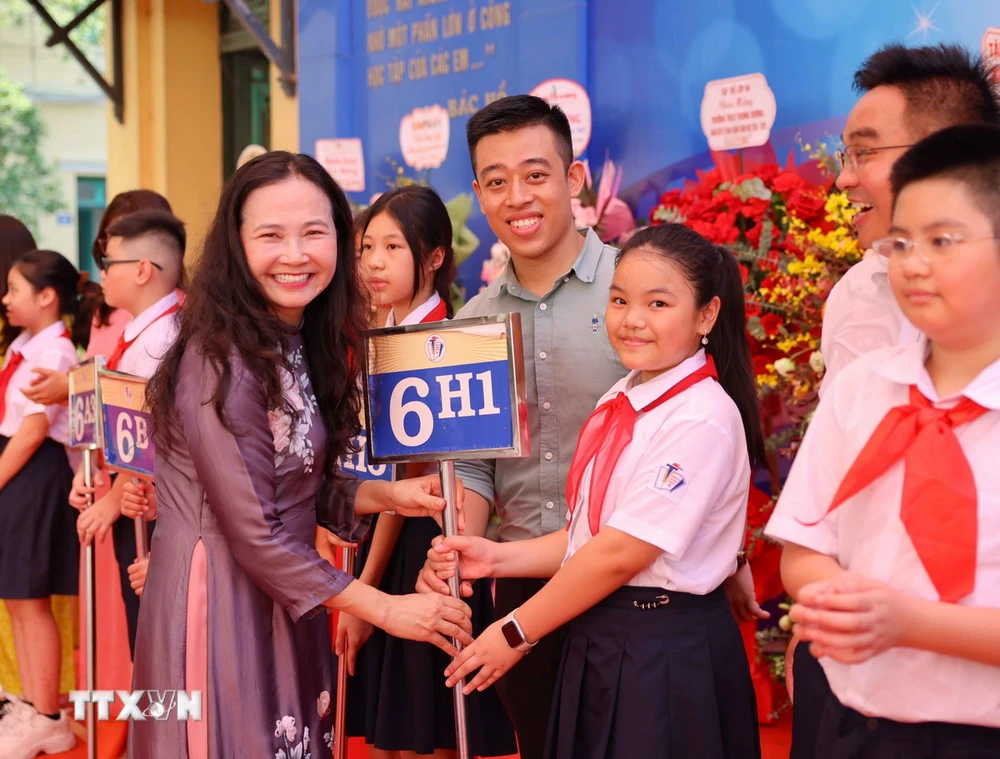
70 years ago, in the early days of historic October 1954, tens of thousands of Hanoians burst into joy welcoming the victorious army returning to liberate the capital.
At the same time, the Capital Education Sector was established. Overcoming many difficulties, generations of teachers and students in Hanoi have achieved many outstanding achievements, contributing to improving people's knowledge, nurturing talents, and creating comprehensive educational quality.
Overcoming difficulties
In 1954, Hanoi had only 3 kindergartens, 96 primary schools, 4 high schools and 1 technical school with a total of less than 10,000 students. These schools only catered to 20% of the school children, while 80% were children of the working class who were uneducated, and about 90% of Hanoians were illiterate.
The city has both encouraged and applied measures to bring illiterate people to classes, and at the same time arranged and mobilized a team of teachers and volunteers to participate in teaching.
Despite many difficulties, just 10 days after taking over the capital, Hanoi schools opened their first school year after peace (primary schools opened on October 15, secondary schools on October 18).
The first ten years after liberation (1954-1965) was a very meaningful period. During that time, the Capital's Education sector had to heal the wounds of war, restore the economy, and achieve goals to accelerate the development of education and training, contributing to the overall development of the Capital.
Teachers and educational administrators at that time did not mind hardships and difficulties, overcoming all shortages to promote the emulation movement "Two Goods". Thanks to that, the education sector not only increased rapidly in quantity but also received attention and improvement in quality. During the period 1965-1975, the whole nation faced fierce challenges, both devoting all their efforts to supporting the great frontline in the South, directly confronting and fighting against the destructive war by the US imperialists' air force in the North, and ensuring that the education career continued to be stable and developed.
Teachers and students had to evacuate to remote rural areas to teach and study. At that time, teachers tried to overcome everything, working tirelessly for their beloved students, for the glory that the Party and the people entrusted. The number of schools, classes, and students increased continuously.
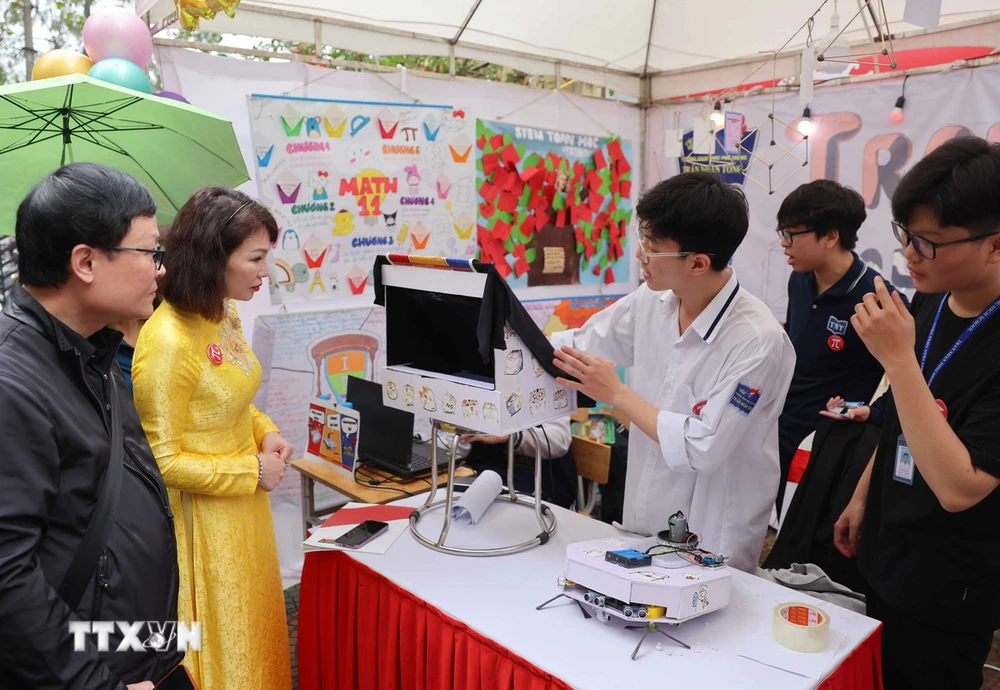
After the complete liberation of the South and the reunification of the country in 1975, the Capital Education sector, together with the whole country, carried out the task of restoring and building the country after the resistance war and carrying out the industrialization and modernization process. The sector focused on improving the quality of education in the direction of thoroughly implementing the goal of "Respecting comprehensive education, paying due attention to labor education, career guidance and vocational training for students..."
Innovation in training content and methods
From 1986 to 2007, the country entered the renovation period, Hanoi education continued to grow strongly, innovating both content and training methods. The Capital Education Sector became a locality with an excellent education development movement, the first unit in the country to complete universal primary education in 1990, and secondary education in 1999.
The fields of study and levels of education have developed in a variety of ways (public, semi-public, private, etc.) and have made great strides in terms of scale, quality and efficiency, worthy of being a major educational center of the country. In particular, from 2008 to now, implementing Resolution No. 15/2008/QH12 of the National Assembly on adjusting administrative boundaries, Hanoi has continued to expand in both scale and area. The scale of education has increased sharply, becoming the leading locality in the country in terms of the number of schools, teachers and students.
Hanoi has many models and types of schools to meet the increasingly diverse learning needs of the people. Generations of students in the capital have become high-quality human resources, contributing their talents and intelligence to the industrialization and modernization of the capital and the country.
After 70 years of construction and development, the Hanoi Education sector has continuously grown, the quality of comprehensive education has been improved, and key education has had strong and clear changes. The staff, teachers, and employees have been strengthened, ensuring professional quality and pedagogical capacity. Management, inspection and evaluation have been constantly innovated, order and discipline have been maintained. Activities and emulation movements in schools have taken place enthusiastically and practically. The building of a learning society, encouraging learning and encouraging talents has been widely implemented.
According to Director of the Hanoi Department of Education and Training Tran The Cuong, the city currently has 2,913 kindergartens and general schools with nearly 2.3 million students and nearly 130,000 teachers, 1 school for training educational staff and 29 vocational education and continuing education centers; public schools that meet national standards account for nearly 80%. The city has recognized 23 high-quality schools; at the same time, preparations are underway to invest in building 7 advanced and modern inter-level schools with an area of 5 hectares or more in the area.
In the 2023-2024 school year, Hanoi ranked first in the country with 184 students winning prizes in the National Excellent Student Competition (43 students higher than in 2023); 3 students winning prizes in the National Science and Technology Competition; 35 students winning national prizes in the Student Startup Ideas Competition.
Many students in the capital won prizes in international competitions; in particular, 2 students won Gold Medals at the International Biology Olympiad and the International Chemistry Olympiad. The results of the High School Graduation Exam continued to have a strong change, increasing 5 places compared to 2023 (from 16th to 11th). Hanoi is also the locality with the most 10-point exams in the country with 915 exams...
In addition, the capital's students also won 339 medals, ranking second overall at the 2024 National Phu Dong Sports Festival. In particular, to narrow the gap in education quality between inner-city and suburban schools, the city has directed the implementation of the model "Schools join hands to develop - Teachers share responsibility", which has received positive response.
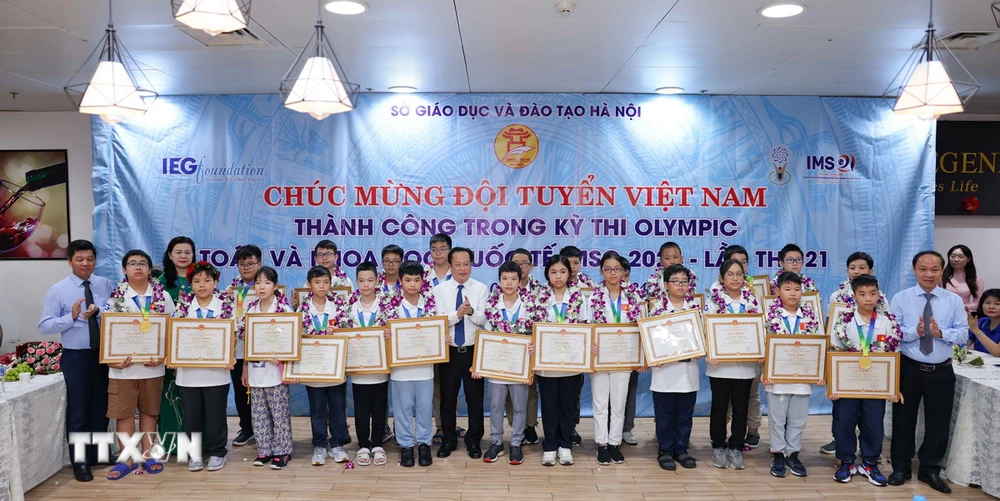
During the 2024-2025 school year, with the drastic and scientific direction of the city, the Hanoi Department of Education and Training, educational institutions have organized safe and effective enrollment for preschool and primary classes, completely overcoming the phenomenon of queuing to submit application documents or drawing lots to enter public schools...
Deserving to be the educational center of the country
Over the past years, the Hanoi Party Committee, People's Council and People's Committee have always identified fundamental and comprehensive innovation in education and training, improving the quality of human resources, and building elegant and civilized Hanoians as particularly important tasks, with decisive significance for the sustainable development of the capital in the future.
In particular, last June, the Law on the Capital (amended) was officially passed by the National Assembly and will take effect from January 1, 2025, creating a solid mechanism for the city to concentrate resources and develop comprehensively, including education and training development. Article 22 has proposed policies for the development of education and training in the Capital, affirming: "Developing education and training to make the Capital a large, typical center of the country in high-quality education and training, adapting to the process of national digital transformation, innovation and international integration."
The Capital Law 2024 emphasizes the requirement to invest in and build a system of public schools, high-quality educational facilities, and multi-level educational facilities that ensure space, pedagogical landscape inside and outside the school, and a team of teachers to best serve the learning needs of students; ensure land allocation for school construction in convenient locations; and at the same time, schools should not be located near cemeteries or production facilities that cause noise and air pollution.
To narrow the gap between public and private education, the Law stipulates that public preschool and general education institutions of the city are allowed to carry out educational cooperation with foreign educational institutions. The Government shall specify in detail the conditions, procedures, educational programs, the granting of diplomas and certificates for educational cooperation, teaching integrated educational programs, etc.
The new points on education and training in Article 22 of the 2024 Capital Law clearly demonstrate the profound meaning, affirming the inheritance and consistency in the viewpoint of the Party, the State in general and Hanoi in particular, which is to always promote the role and position of education and training, considering this as the top national policy to promote, build and develop the Capital's socio-economy quickly and sustainably.
At the same time, realize the aspiration to develop the education and training career of the Capital in the coming time to truly become a large, typical center of the country in high-quality education and training, adapting to the process of national digital transformation, innovation and international integration.
Meritorious Teacher, Dr. Nguyen Tung Lam, Vice President of the Vietnam Association of Educational Psychology, said that the Capital Law 2024 with many specific regulations allows Hanoi to do many things. The education sector needs to be ahead of the whole country, maintaining its "locomotive" position.
The 2018 general education program "gives" the education program to schools to decide and schools must be linked to labor and production. To do so, the Hanoi Education sector needs to focus on building schools with 4 factors: Autonomy, democracy, humanity, creativity, in which autonomy is very important. Each school needs autonomy to choose educational methods, build educational programs suitable for students and educational conditions, helping students maximize their capacity and qualities./.
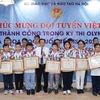
The Vietnamese team competing in the 2024 International Mathematics and Science Olympiad in China won 9 gold medals, 14 silver medals and one bronze medal - the highest achievement ever.
Source: https://www.vietnamplus.vn/nganh-giao-duc-thu-do-ha-noi-vuon-minh-doi-moi-toan-dien-post981916.vnp


![[Photo] Solemn opening of the 12th Military Party Congress for the 2025-2030 term](https://vphoto.vietnam.vn/thumb/1200x675/vietnam/resource/IMAGE/2025/9/30/2cd383b3130d41a1a4b5ace0d5eb989d)

![[Photo] General Secretary To Lam, Secretary of the Central Military Commission attends the 12th Party Congress of the Army](https://vphoto.vietnam.vn/thumb/1200x675/vietnam/resource/IMAGE/2025/9/30/9b63aaa37ddb472ead84e3870a8ae825)
![[Photo] Panorama of the cable-stayed bridge, the final bottleneck of the Ben Luc-Long Thanh expressway](https://vphoto.vietnam.vn/thumb/1200x675/vietnam/resource/IMAGE/2025/9/30/391fdf21025541d6b2f092e49a17243f)
![[Photo] President Luong Cuong receives President of the Cuban National Assembly Esteban Lazo Hernandez](https://vphoto.vietnam.vn/thumb/1200x675/vietnam/resource/IMAGE/2025/9/30/4d38932911c24f6ea1936252bd5427fa)
![[Photo] The 1st Congress of Phu Tho Provincial Party Committee, term 2025-2030](https://vphoto.vietnam.vn/thumb/1200x675/vietnam/resource/IMAGE/2025/9/30/1507da06216649bba8a1ce6251816820)
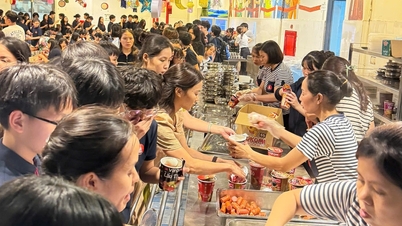






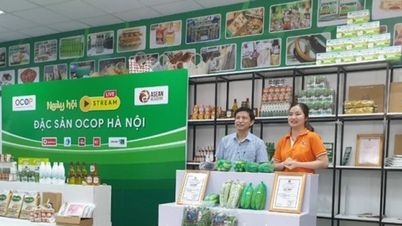

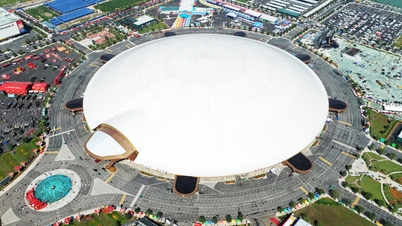







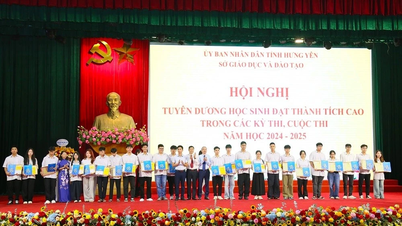
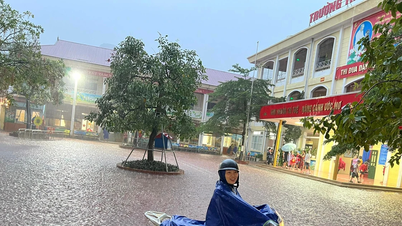




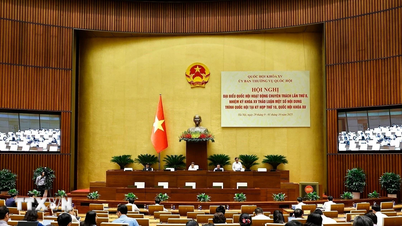
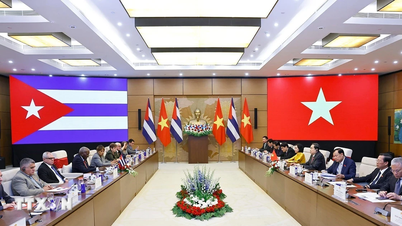


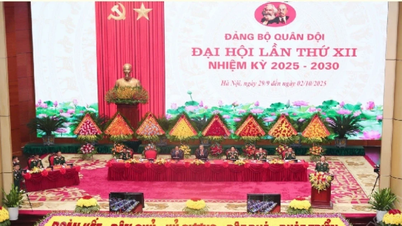

































































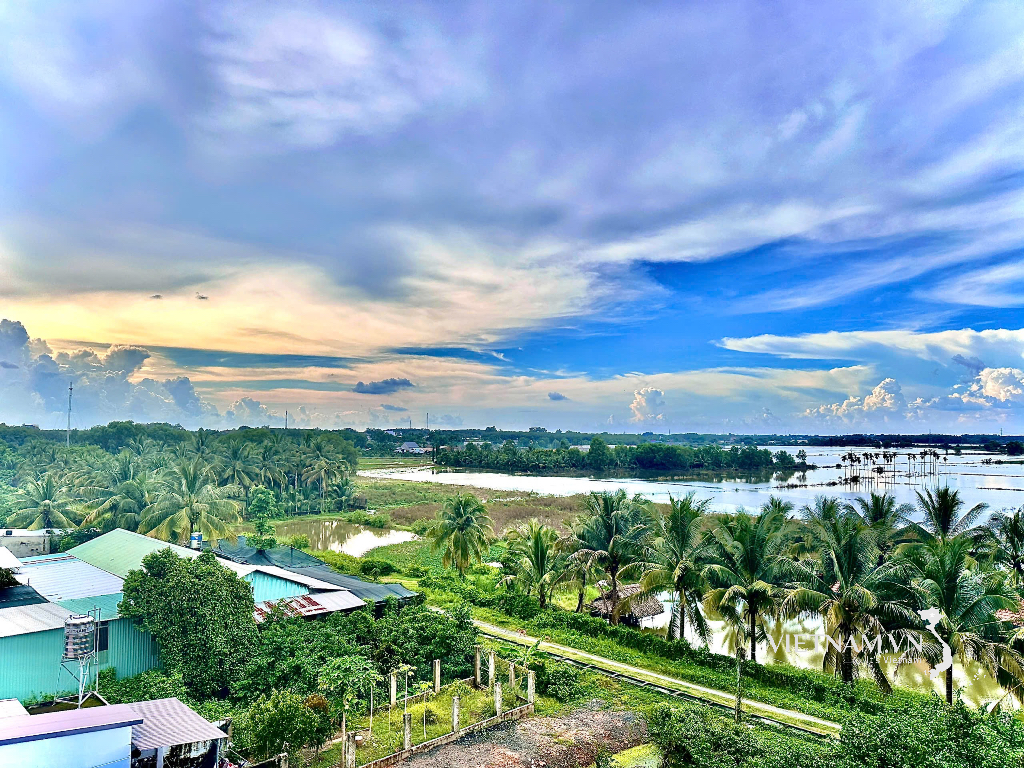



Comment (0)